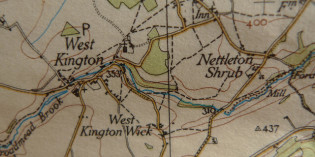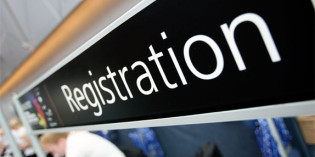Tag: David Rossiter

How UKIP’s election strategy is boosting Theresa May’s chances of a big majority
In the aftermath of the 2016 Brexit vote, UKIP seems to have lost much of its original purpose and is unlikely to repeat its 2015 vote share at the 2017 General Election. But, Ron Johnston, Charles Pattie and David Rossiter argue, it may yet have an important – if indirect – impact on the election […]

The case of the missing marginals: how big will May’s majority be?
A little-reported result of the 2015 general election was a substantial reduction in the number of marginal seats, and a consequent increase in the number of very safe ones for both the Conservatives and Labour. Ron Johnston, Charles Pattie and David Rossiter explore the implications of those changes for the forthcoming election. Will May get […]

It would be neither feasible nor sensible to instruct the Boundary Commission to create ‘competitive’ constituencies
In a recent report by Mathew Lawrence and Sarah Birch the Institute for Public Policy Research has made several proposals for improving the quality of British democracy. One of them involves politicising the traditionally fiercely independent and neutral Boundary Commissions, by requiring them to gerrymander constituency boundaries to produce fewer safe and more marginal seats. […]

Ensuring equal representation in Parliament: who counts?
The UK government announced on July 16 that it had decided to end the transition period to Individual Electoral Registration early. The Electoral Commission had recommended that it did not, and thereby allow some 1.9 million people who would otherwise be removed to remain on the electoral roll for a further year. The Commission’s reasons […]

Party manifestos fail to offer clear commitments on the redrawing of Parliamentary boundaries
Will the rules for the redistribution of Parliamentary constituencies be changed by the next government – as recommended by a House of Commons Committee? Or will another disruptive exercise reducing the number of MPs begin within a year of the 2015 election, as currently scheduled? As Ron Johnston, David Rossiter and Charles Pattie show, there […]

There are fewer people registered to vote in 2015 than there were in 2010: is that to Labour’s advantage?
The 2010 general election result was considerably biased in Labour’s favour: if they and Conservatives had won equal shares of the vote total, Labour could have obtained as many as 54 more seats than their Tory opponents. This bias partly reflected unequal electorates across the country’s constituencies. Recently published data show that the number of […]


 Democratic Audit's core funding is provided by the Joseph Rowntree Charitable Trust. Additional funding is provided by the London School of Economics.
Democratic Audit's core funding is provided by the Joseph Rowntree Charitable Trust. Additional funding is provided by the London School of Economics.